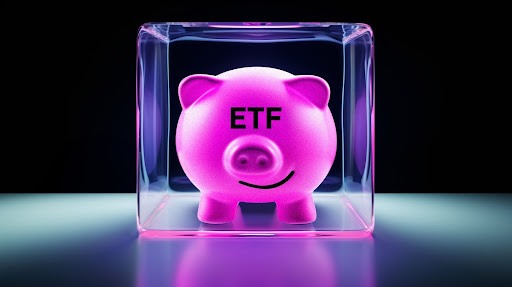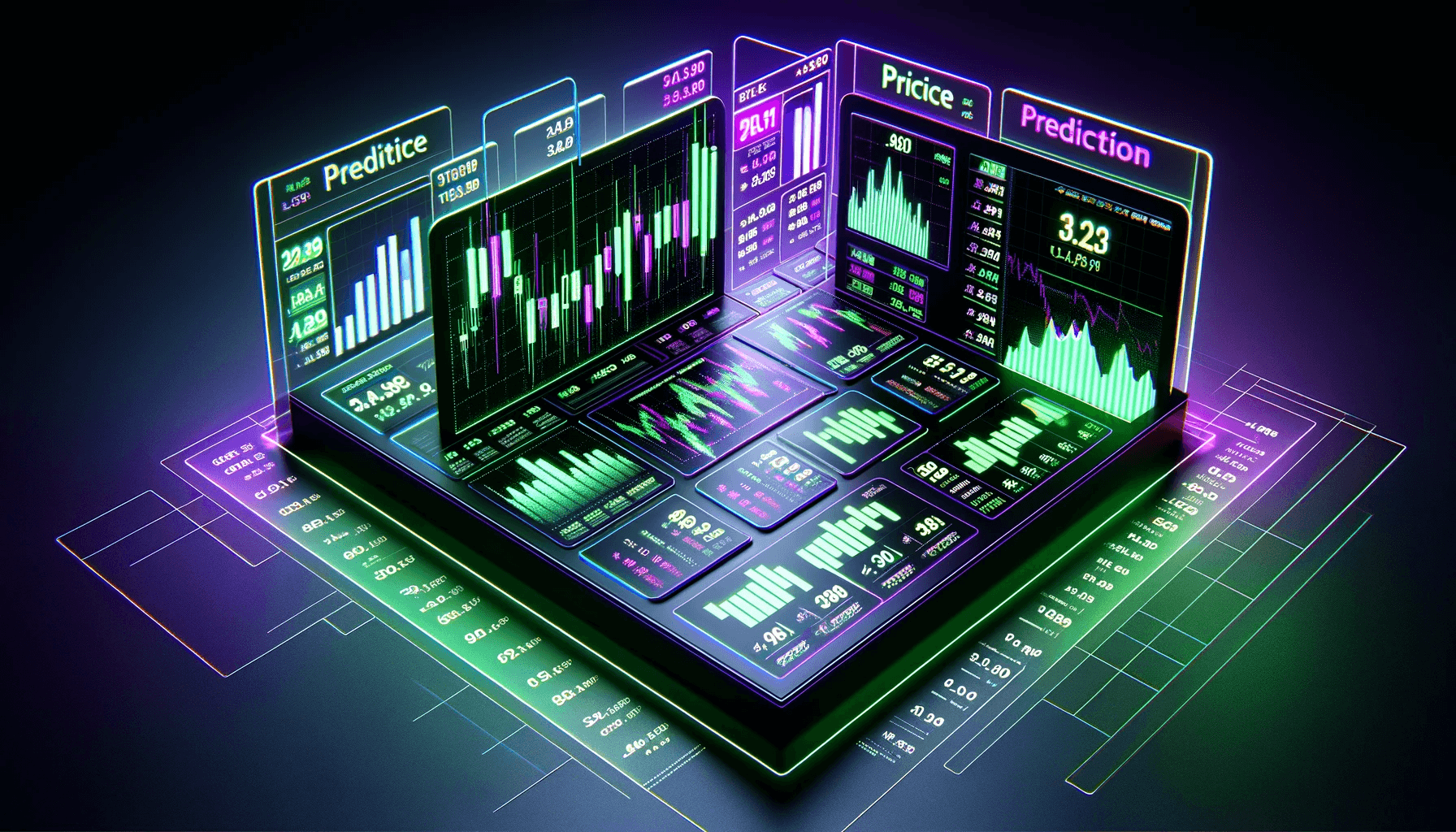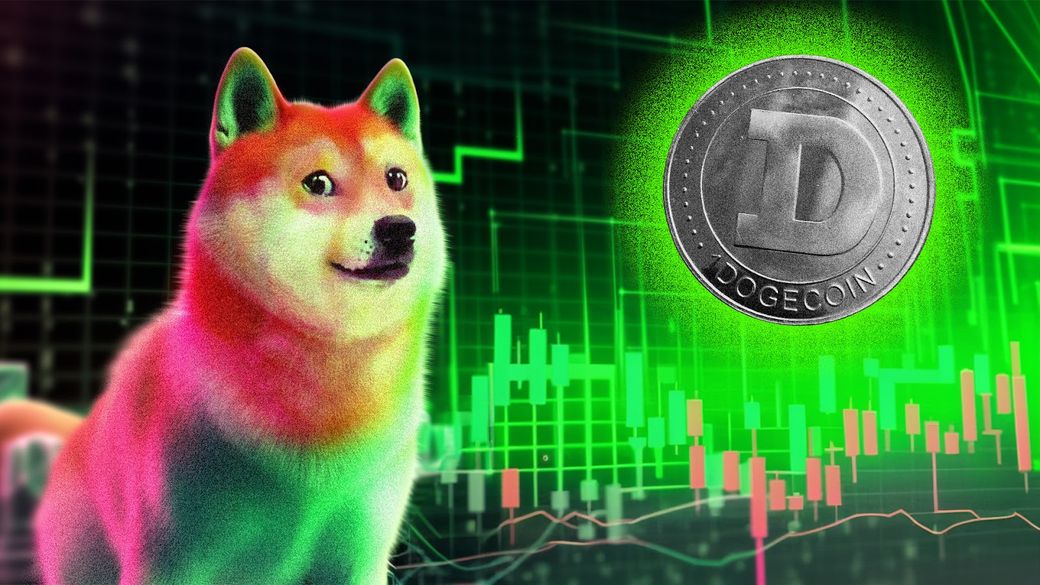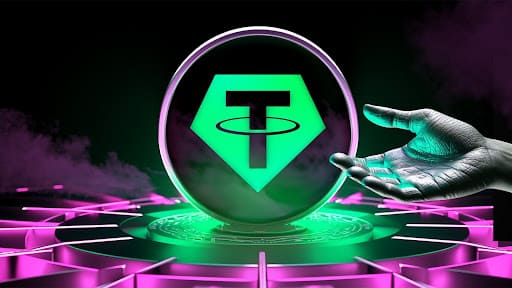
Think ETFs, think stocks. It's that simple, except that stocks reflect the value of company investments, while ETFs reflect the value of anything, from company shares to commodities like gold and cryptocurrencies. An Exchange-Traded Fund (ETF) is an investment security that functions similarly to mutual funds as they are stock obtained from a shareholder and can be converted to hold stock from another company or commodity.
But unlike mutual funds, ETFs are listed on stock exchange markets like regular stock, making them a more versatile security option than mutual funds. But all this sounds like Wall Street jargon. What exactly does it have to do with crypto?
More on ETFs
Oh, more Wall Street jargon. Well yes, but the point is to understand what Exchange-Traded Funds are, so we can relate them to crypto.
Exchange Traded Funds (ETFs) are so-called because they can be traded on exchanges. Clearly, that means investors can use them to track the price of a company's shares or a trending commodity in the stock exchange markets without actually buying those shares or commodities.
ETFs provide investors with a more flexible choice for investment in global markets, especially more than mutual funds and even the commodities and shares they may be tracking. And one more thing about ETFs: they can track multiple assets at once, so investors can diversify their businesses using ETFs. Unlike stock, where you only buy stock from a specific company or commodity, ETFs allow investors to maintain flexible trading in the exchange markets.
Depending on the form of investments, ETFs can lock stock from one particular company or sector, or stocks across various sectors. The range is enormous, especially with open-ended ETFs, where several investors can own securities under one ETF.
Features of An ETF
ETFs are popular among investors because of their many features, typically because they offer a wide range of investment options and have high flexibility. Below are some of the features that make ETFs stand out, some of which have been discussed above :
-
ETFs are tradable at any time of the day, similar to stocks.
-
Exchange-traded funds are cheaper to acquire than mutual funds, as they don't charge commission and marketing fees.
-
Owning an ETF doesn't mean ownership of the commodities or shares it holds. The ETFs simply reflect the values of such securities and allow investors to trade them like the actual commodities.
-
ETFs are redeemed in kind, not cash. Like mutual funds, they are simply a conversion of stock from a shareholder that can be traded on the stock market.
-
Since they are treated as in-kind conversions, ETFs are more tax-efficient than mutual funds and even regular stock.
The oldest kind of ETF is the SPDR S&P 500 ETF. It tracks the S&P 500 index and is still actively in use today.
Types of ETFs
There are different types of ETFs, and investors choose whichever one for specific reasons. There are ETFs used to reduce risks in a portfolio, others used to hedge against inflation, and ETFs used to generate income.
Generally, ETFs can be classified into passive and active, depending on how they are handled. The passive ETFs simply take on the value of the commodities they track and trade accordingly. They imitate the performance of the actual stock or commodity index.
Active ETFs have portfolio managers who are constantly overseeing the performance of the securities locked in the ETF's portfolio. They are often more profitable and more expensive than passive ETFs.
Different forms of ETFs.
-
Stock ETFs
Stock ETFs are used to track stocks from a particular sector. The ETFs here have stocks from varying companies and are used to generate income from a high-performing industry or an industry with growth potential. Here, the stocks are simply markers for the ETFs; the investor doesn't own the stocks involved.
-
Commodity ETFs
Commodity ETFs are used to reflect the prices of commodities like precious metals and minerals. This form of trading commodities can be used to reduce the risks in a trader's portfolio, as it can hold several stocks at once. Also, commodity ETFs are easier and cheaper to trade than the actual commodities, which require storage and insurance expenses.
-
Currency ETFs
As their name goes, currency ETFs are used to track specific currency pairs or a range of currency pairs. They are usually used to speculate on the trends of such currencies and can be used to provide a hedge against inflation in foreign exchange. Like other ETFs, currency ETFs can boost a trader's portfolio against risk.
-
Inverse ETFs
While the other forms of ETFs trade along the performance indices of the stocks they track, inverse ETFs are used to short stocks, selling them in anticipation of their price drop and buying them later. As the prices of the stocks drop, the ETF's value increases proportionately.
-
Leveraged ETFs
Leverage ETFs use derivatives like futures and options contracts to increase the returns from an investment portfolio. They are usually rated 2x, 3x, and so on; if the regular ETF returns 1%, leveraged ETFs return 2%. The same system applies to losses.
ETFs and Crypto
As we stated earlier, investors don't have to own stock or shares in the company or commodity they intend to trade before they trade ETFs. Because crypto wallets and exchanges can be difficult to navigate, some investors in the actual stock exchange markets would prefer trading crypto tokens using ETFs rather than buying the actual coins.
ETFs give such investors an opportunity to trade cryptocurrencies since they are often wary of the crypto exchanges. The ETFs also help diversify the cryptocurrency market, allowing more traders and expanding the overall trading volume and market capitalization.
Already, there are ETFs for Bitcoin, and several petitions have been lined up for Ethereum to have its own ETFs. Citadel Securities recently submitted its own appeal to the Securities and Exchange Commission for the Ethereum ETFs to be approved, making six petitions at the moment. Pressure is building on the SEC, and investors are hopeful that the petitions will be approved this year.
Conclusion
Like every investment, it is best to do your research before starting ETF trading. Get background knowledge, and seek professional advice with your broker to know which ETFs suit your portfolio.
Want More Cutting-Edge Educational Content?
Follow Us: X TikTok Instagram Telegram LinkedIn
Sign up to our newsletter at the bottom of the page
Check Out Our Top 10 Crypto Currencies of 2023
If you're new to the crypto space, seek financial advice from a professional and don’t invest what you cannot afford to lose. This article is for educational purposes and is not financial advice


















